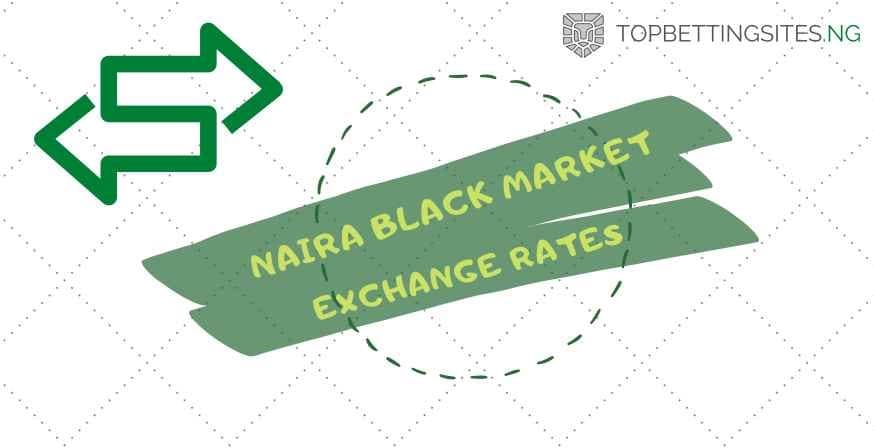The black market exchange rate in Nigeria is formed through a process that significantly differs from the official exchange rate due to various economic and regulatory factors. Here’s a detailed breakdown:

Black Market Exchange Rate Calculator
Formation of the Black Market Exchange Rate
- Demand and Supply: High demand for foreign currency (USD) for imports, travel, and savings, combined with limited supply from official channels, drives people to the black market.
- Accessibility: The black market offers foreign currency with fewer restrictions and faster transactions compared to official banks.
- Economic Policies: The Central Bank of Nigeria (CBN) prioritizes essential imports and certain sectors, leaving many to rely on the black market for their forex needs.
Differences Between Official and Black Market Rates
- Regulation:
- Official Rate: Set by the CBN and influenced by monetary policies and regulations.
- Black Market Rate: Determined by market forces of supply and demand without government intervention.
- Market Perception: The black market rate is more sensitive to economic indicators, political stability, and speculation, causing it to fluctuate more than the official rate.
- Economic Conditions: High inflation and fluctuating oil prices weaken the naira, leading to a higher black market rate. Lower oil prices reduce Nigeria’s forex reserves, widening the gap between the rates.
In summary, the black market rate is driven by real-time market conditions and higher demand due to limited supply in official channels, regulatory controls, and economic factors like inflation and oil prices.
Where to Exchange Naira to USD at Black Market Rates?
To find places to exchange Naira for USD at black market rates in Nigeria, you can follow these actionable steps:
- Visit Forex Hubs:
- Wuse Zone 4, Abuja: This area is known for its high concentration of bureau de change operators. You can physically visit the area to find several forex dealers offering competitive black market rates. Specific contacts like Yusuf Dan Umma, who operates from 105 Fabdal Plaza in Wuse Zone 4, can be reached at +2347034679496 for reliable transactions (NgnRates).
- Broad Street, Lagos: Another popular spot for forex exchanges, where you can find various operators dealing in black market rates.
- Check Online Platforms:
- AbokiFX: This platform provides real-time updates on black market exchange rates for various currencies including USD, EUR, and GBP. You can use their currency converter tool on their website AbokiFX to get current rates and find reliable dealers (AbokiFX.APP).
- NgnRates.com: This site also lists daily black market rates and provides contact details of forex dealers. For example, King Tiga in Onitsha can be contacted via WhatsApp at +2348175792190 for transactions (Aboki Forex).
- Local Contacts and Forums:
- Use local business forums and social media groups where people discuss and share information about black market rates and reliable dealers. Websites like Nairatoday often have updated information on current rates and trusted forex dealers.
- Safety and Verification:
- Always verify the credibility of the dealer through multiple sources or personal recommendations.
- Conduct transactions in secure, public locations and be cautious of potential scams.
- Avoid carrying large amounts of cash and consider using transfers where possible.
By following these steps and utilizing the resources mentioned, you can effectively find places to exchange Naira for USD at black market rates while minimizing risks.
- Visit Forex Hubs:
To Sum Things Up
The black market exchange rate in Nigeria is primarily formed due to the high demand for foreign currency, limited supply through official channels, and the relative ease and speed of transactions in the black market. It differs from the official exchange rate due to the lack of regulatory controls and the influence of real-time market forces, speculative trading, and overall economic conditions.



